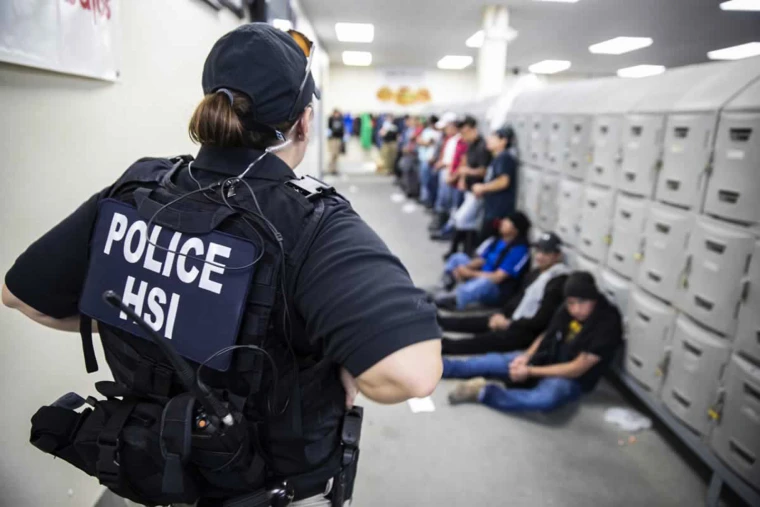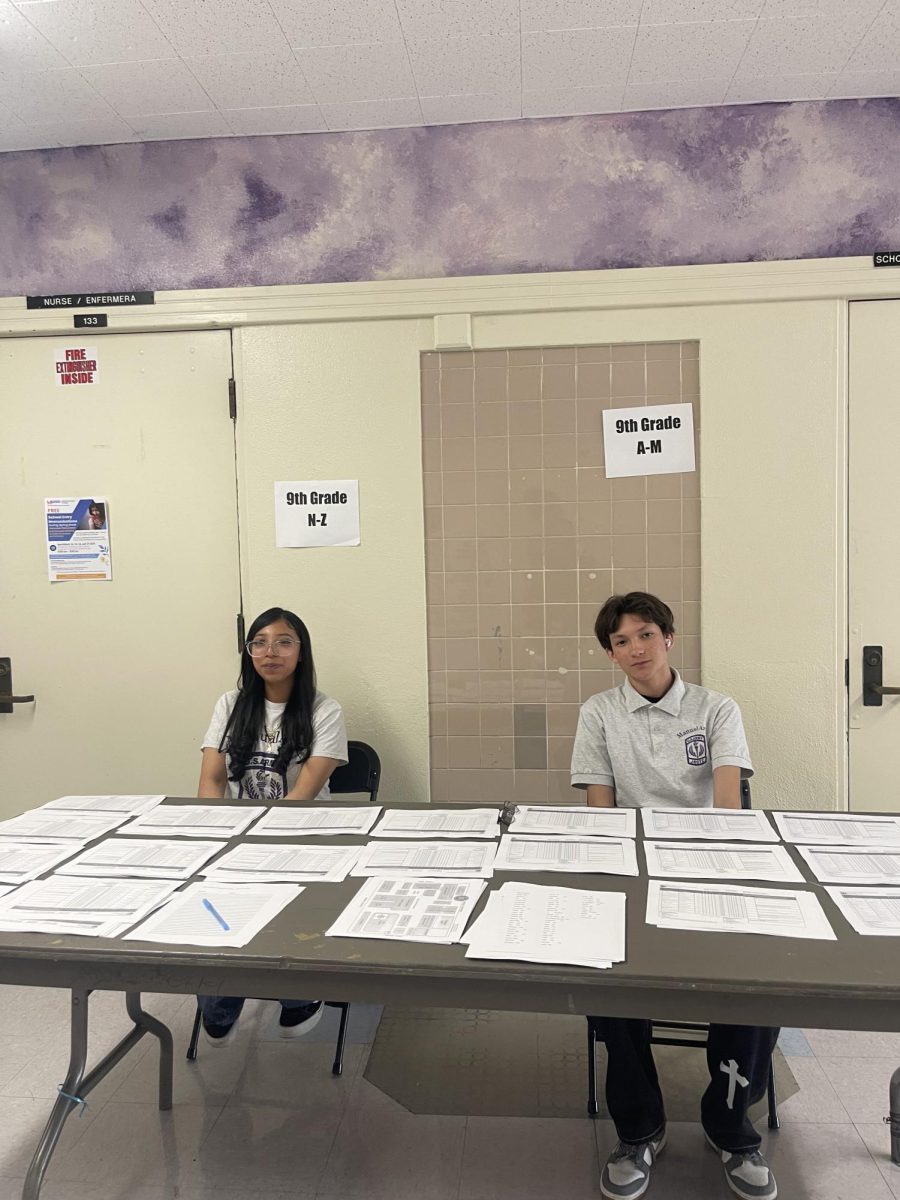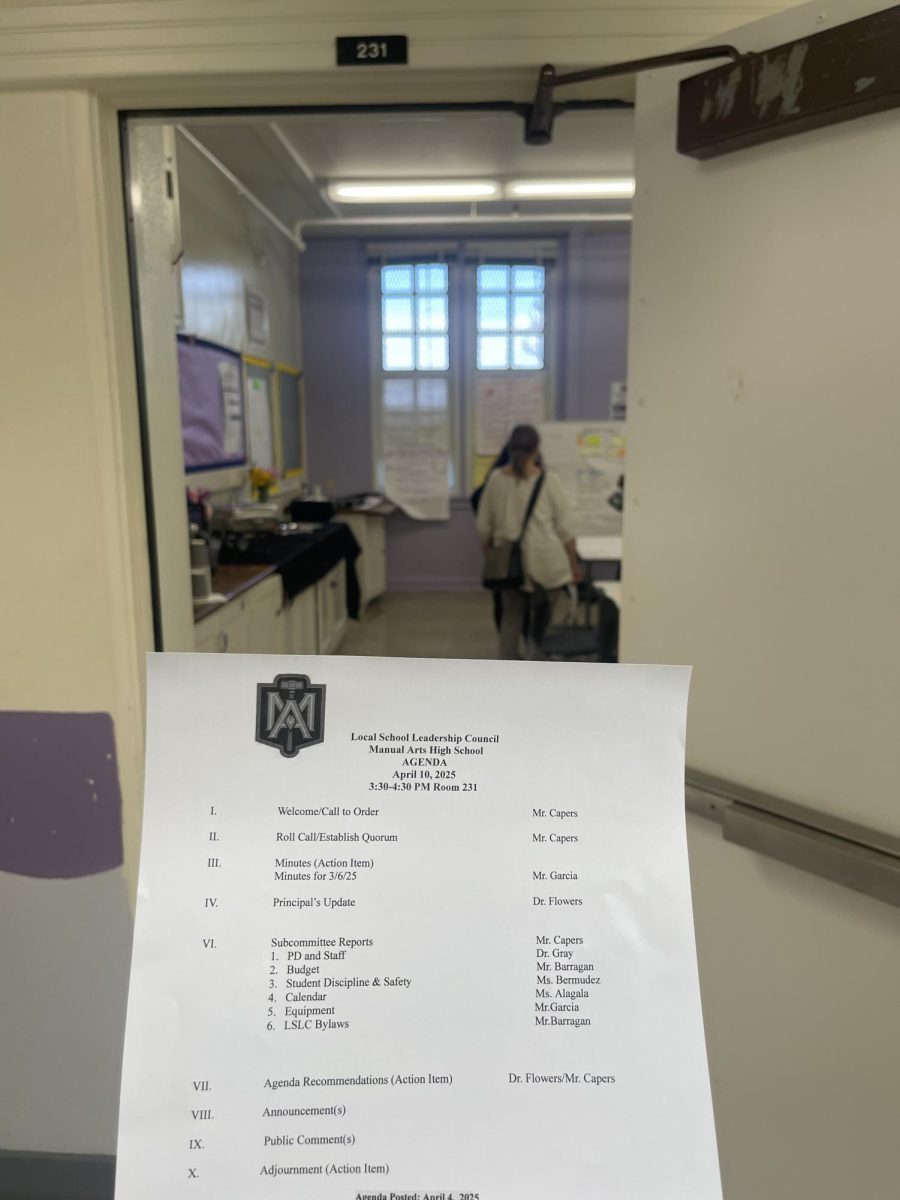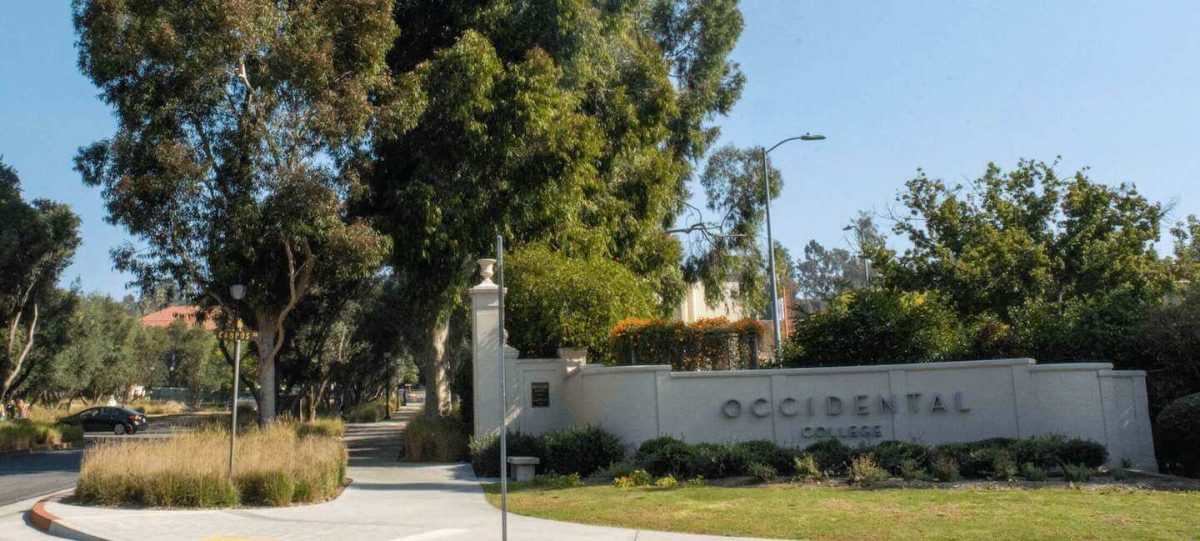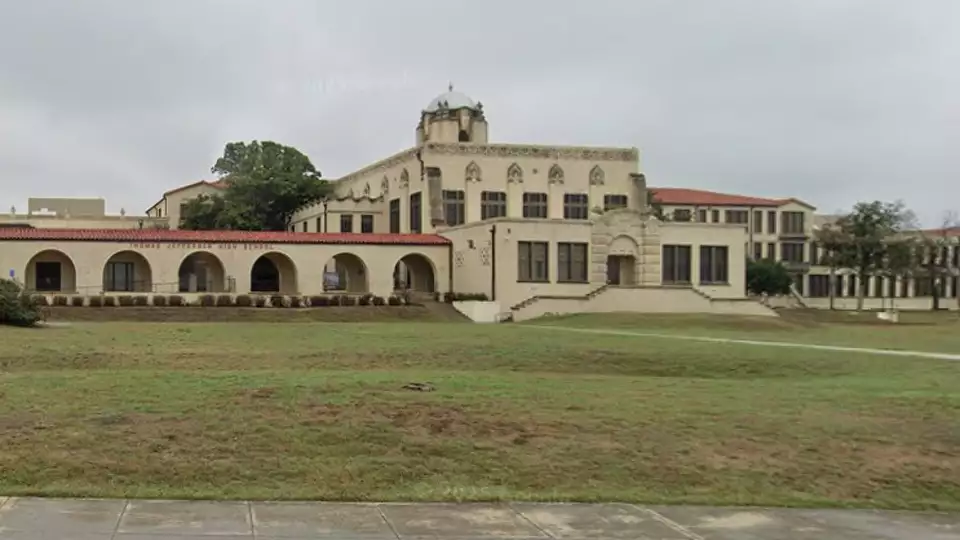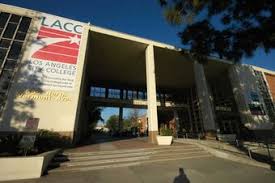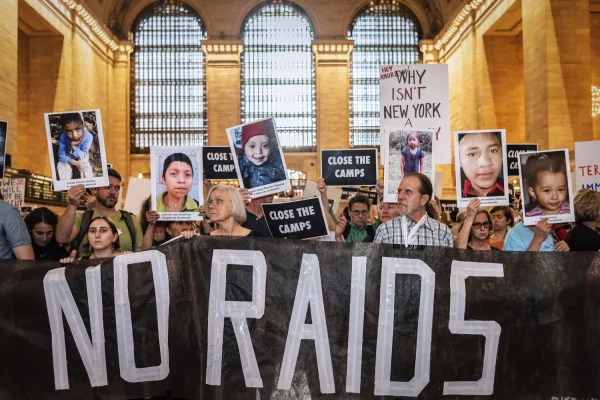
President Donald Trump’s recent executive orders have significantly altered the U.S. immigration enforcement, particularly affecting schools in California. The administration has rescinded previous policies that limited immigration arrests in sensitive locations, including educational institutions. This change permits Immigration and Customs Enforcement (ICE) officers to conduct enforcement actions within schools without prior approval.
In response, Californian’s state officials and educational leaders have expressed strong opposition. They argue that allowing ICE operations in schools could create an atmosphere of fear among students and their families, potentially deterring attendance and participation. The Los Angeles Unified School District, among others, has reaffirmed its commitment to maintaining schools as safe zones, emphasizing that they will not permit ICE agents on campuses without a valid court order.
Parents and guardians are increasingly concerned about the safety and well-being of their children in light of these policy changes. Some are reconsidering sending their child to school, fearing potential immigration enforcement actions. Advocacy groups warn that this could lead to decreased school attendance and increased anxiety among students from immigrant families.
Legal challenges to the new policy have already emerged. Several organizations have filed lawsuits aiming to prevent immigration agents from conducting arrests in places of worship and schools, arguing that such actions violate constitutional rights and disrupt essential community services.
As the situation develops, California’s educational institutions continue to navigate the complexities introduced by these federal policy shifts, striving to uphold their commitment to providing safe and inclusive learning environments for all students.

